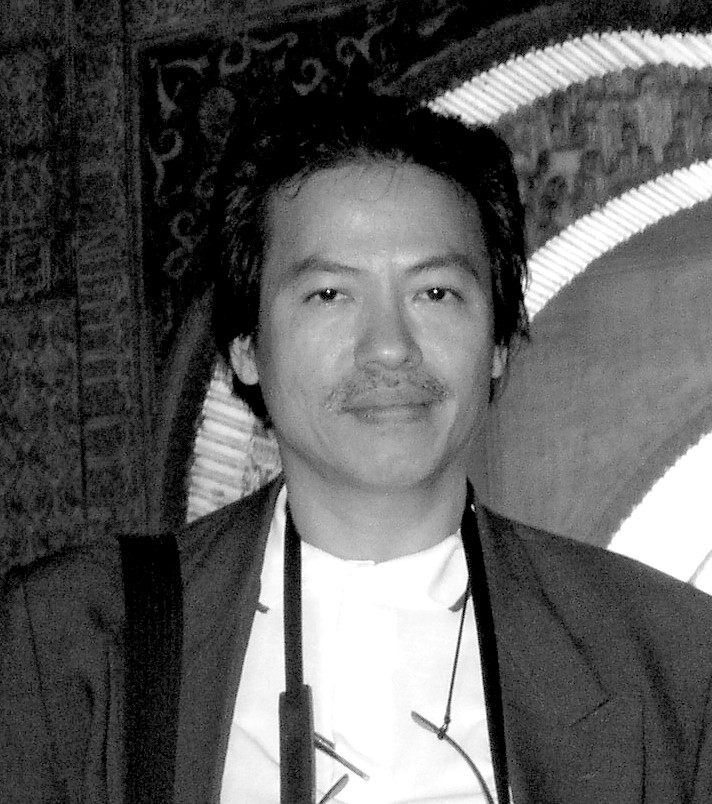With a population in the hundreds of millions scattered across thousands of islands, why did the whole of Indonesia decide to adopt a language mainly used by Chinese traders as its national language? Altaf Deviyati explains.
“People can be very intelligent but if they do not write then they will disappear from society and history. Writing is the making of one’s immortality” – an apt quote from Ananta Toer from the book This Earth of Mankind, the first of his famous quartet. The written text itself is not what immortalises a person or a society but the narrative.
Literature is the window into the collective psyche of a society. It is the medium that conveys a society’s identity and aspiration at different points in time and is a snapshot of a particular era. Hence the need for a written language that expresses the collective narrative that is understood, appreciated, respected and ultimately used as the medium for national expression.
Among the most important initiatives put forth during the decolonisation process of a nation is the creation of a national language. Multi-ethnic countries such as India and Indonesia chose Hindi and Bahasa Indonesia respectively, while countries such as Nigeria and Kenya chose English, with the latter having two: English and Bantu Swahili. But for both Nigeria and Kenya, the medium remains an exclusive language of the urban elite and is not widely spoken in the rural areas.
Clearly the choosing of a national language is a tricky business, so how does it work? The Indonesian experience is an interesting one, particularly since among the important players of its success are the minority immigrant community, the Chinese.




